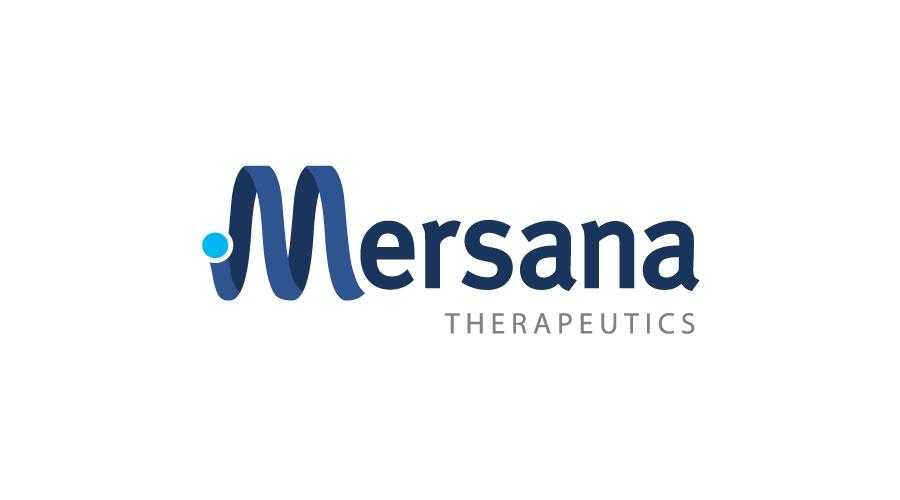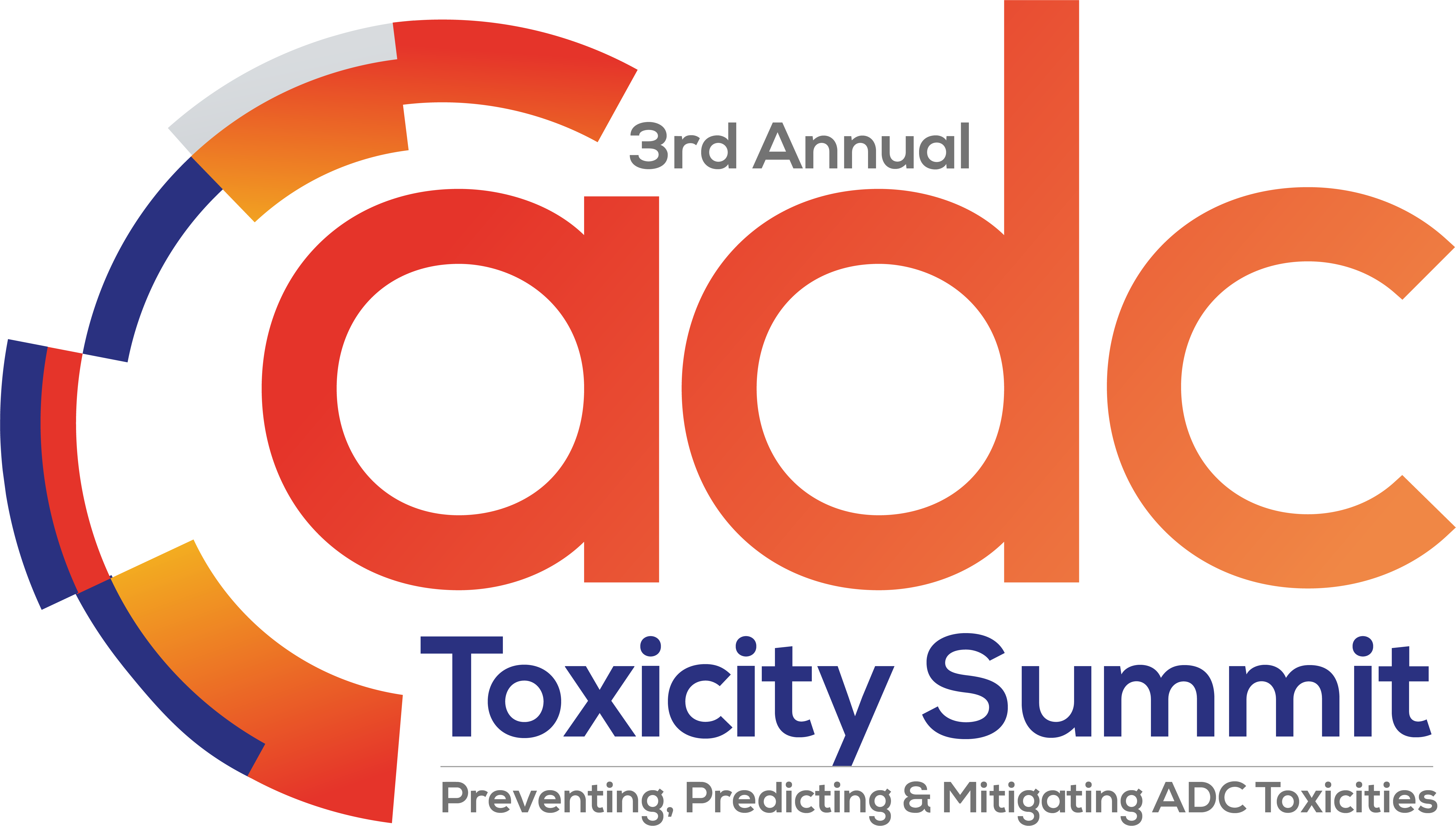What to Expect at the 3rd ADC Toxicity Summit
As ADCs advance across new targets, payloads, and indications, the opportunity to redefine how we predict, prevent, and manage toxicity has never been greater. Rather than seeing toxicity as a barrier, today’s leading drug developers are using it as a springboard to improve preclinical modelling, patient selection, ADC design, and clinical decision-making.
The 3rd ADC Toxicity Summit is the only industry-led meeting dedicated to advancing ADC safety by connecting toxicologists, pharmacologists, translational scientists, and clinical developers to turn toxicology insight into therapeutic advantage.
With insights from influential leaders such as AbbVie, AstraZeneca, Daiichi Sankyo, Genentech, Iksuda, J&J, MacroGenics and more, this is your opportunity for in-depth discussions and world class presentations on maximizing the translational relevance of in vivo and in vitro studies, mitigating toxicities to extend clinical dose escalations, optimizing dosing regimens, navigating regulatory expectations for toxicity models and more…
Brand New Agenda
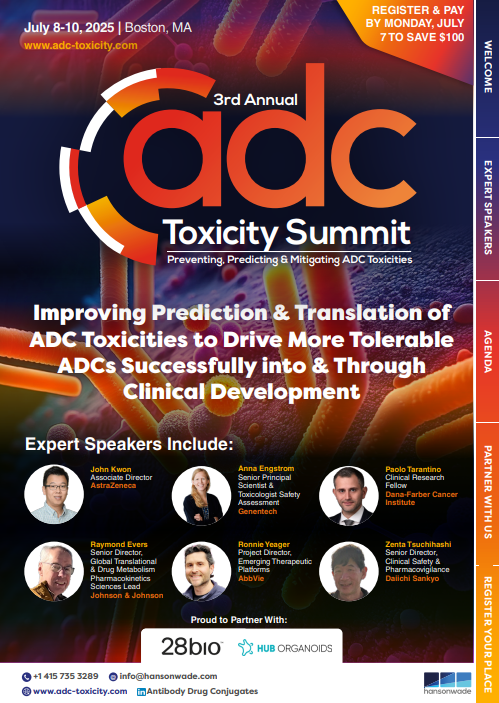
Top 5 Takeaways:
1
2
3
4
5
Evaluate the emerging ADC designs and how you can leverage ADME characterization of linker payloads to minimize toxicity with Iksuda and Johnson & Johnson
Maximize the translational relevance of in vivo models such as rodent IV infusion models for increased efficiency and reduced costs with AbbVie and MacroGenics
Overcome the limitations of in vitro and preclinical models with targeted delivery, patient-derived xenograft (PDX) models, and the use of computational modelling with AI with AbbVie, AstraZeneca, and Mayo Clinic
Gain invaluable insights into optimizing ADC dosing by tackling dose-limiting toxicities early in development with Takeda and Heidelberg Pharma
Bridge the gap between preclinical and clinical studies by engaging with the leading ADC Clinicians and Toxicity Specialists – delve deeper into toxicities such as ILD, Hepatoxicity, Neurotoxicity, Cardiotoxicity, Ocular toxicity, and more
Who Will You Meet?
Join over 80+ experts spanning toxicology, pathology, translational sciences, preclinical development, pharmacology, and biology at this exclusive gathering, fostering profound discussions aimed at advancing the development of safer ADCs. This niche community is connecting over 3 days to leverage collective expertise and to drive progress in the prevention of toxicities.
What Your Peers Are Excited For:

“The conference focused on a critical topic which is not adequately covered in published literature. The speakers covered both program specific and more general aspects of ADC toxicity. Companies are often not willing to discuss toxicity but the speakers disclosed previously unpublished aspects of their work. Overall a very worthwhile three days.” - Vice President, Oncology, Bicycle Therapeutics
“This was a great conference and was a nice size which facilitated lots of networking and interaction.” - Team Leader, Almac
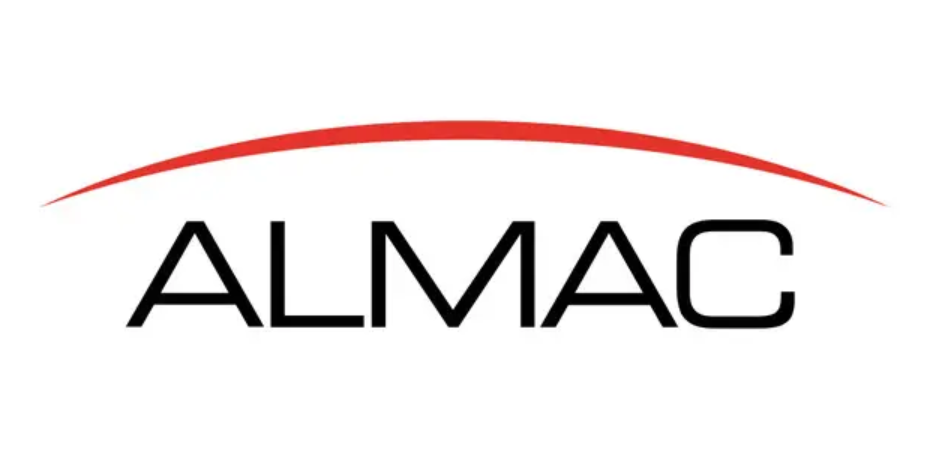
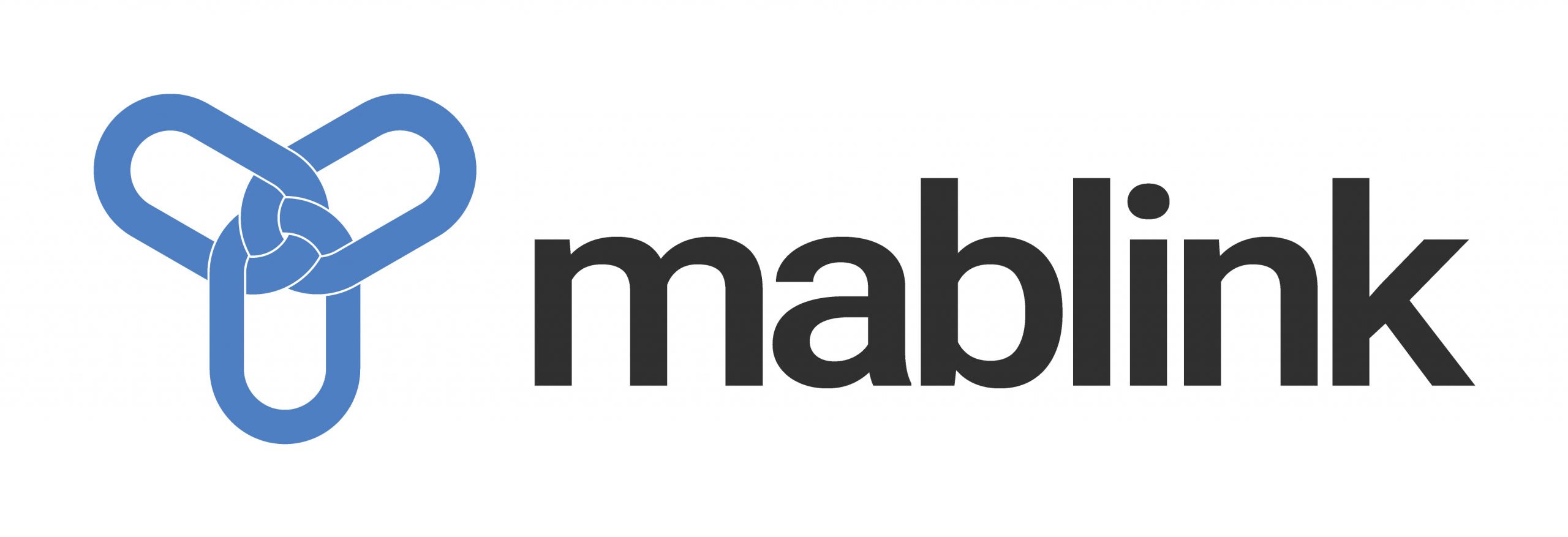
“It was a great opportunity to exchanges with peers in the field of ADC development and with experts in the field.” - Managing Director, Mablink
“Real tox data influencing the drug development, and retrospective analysis for tox events and drug development” - Senior Director, Toxicology, Mersana
